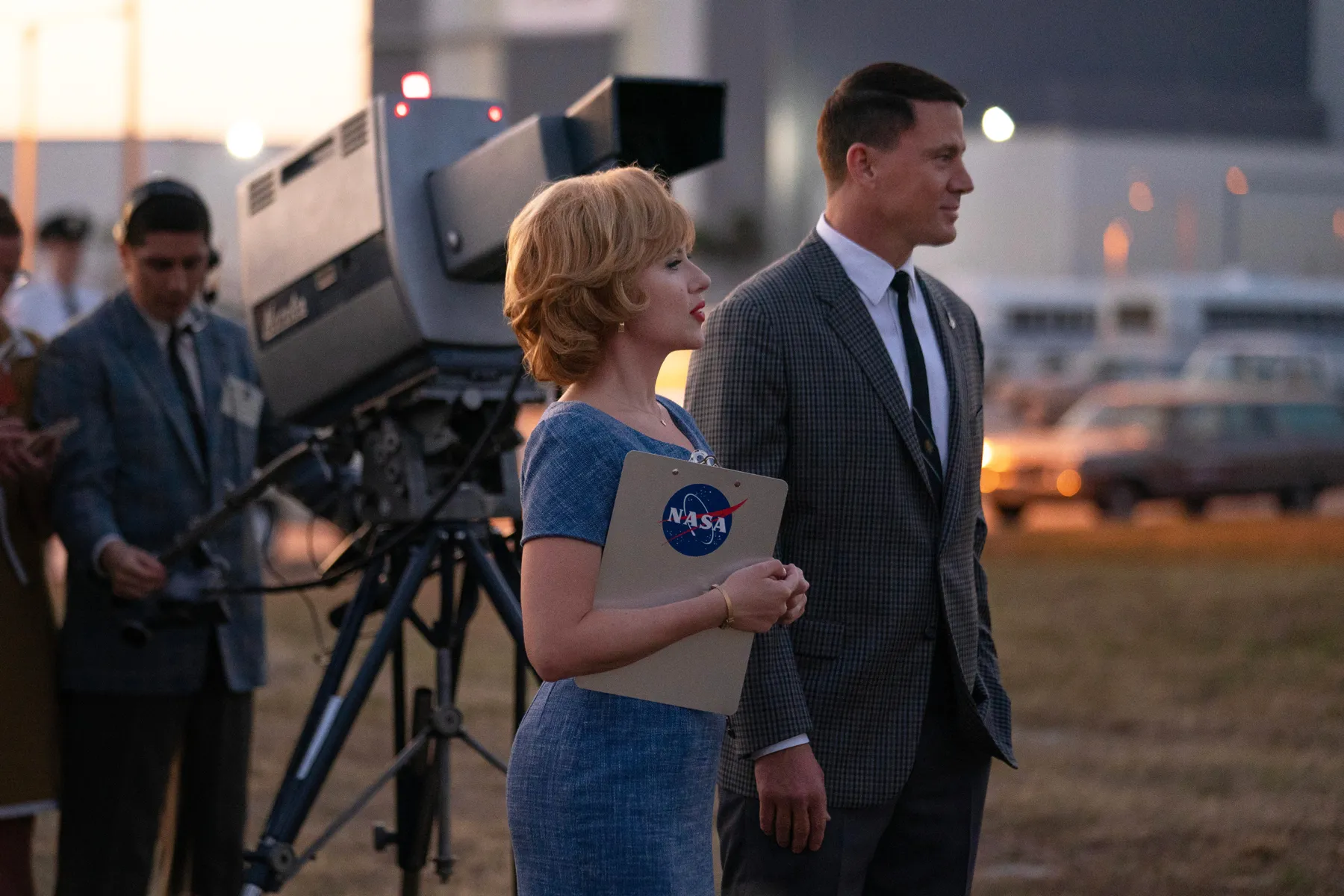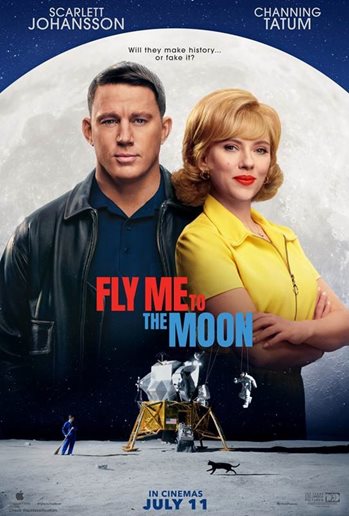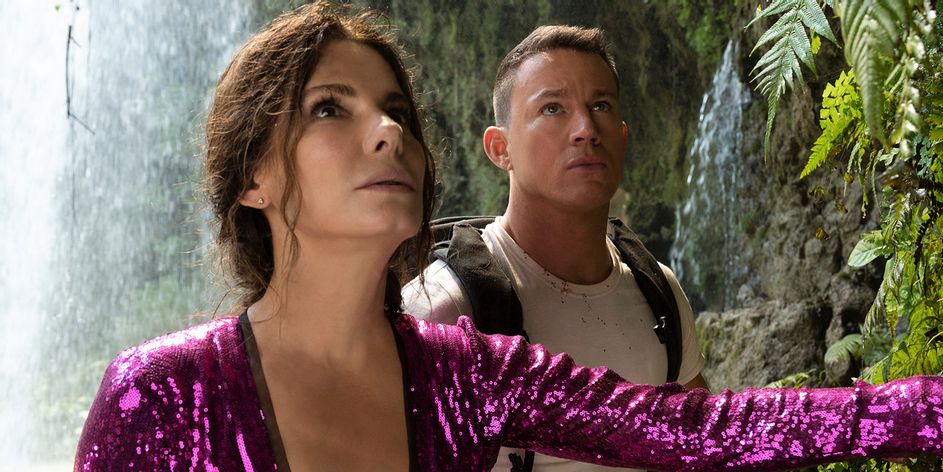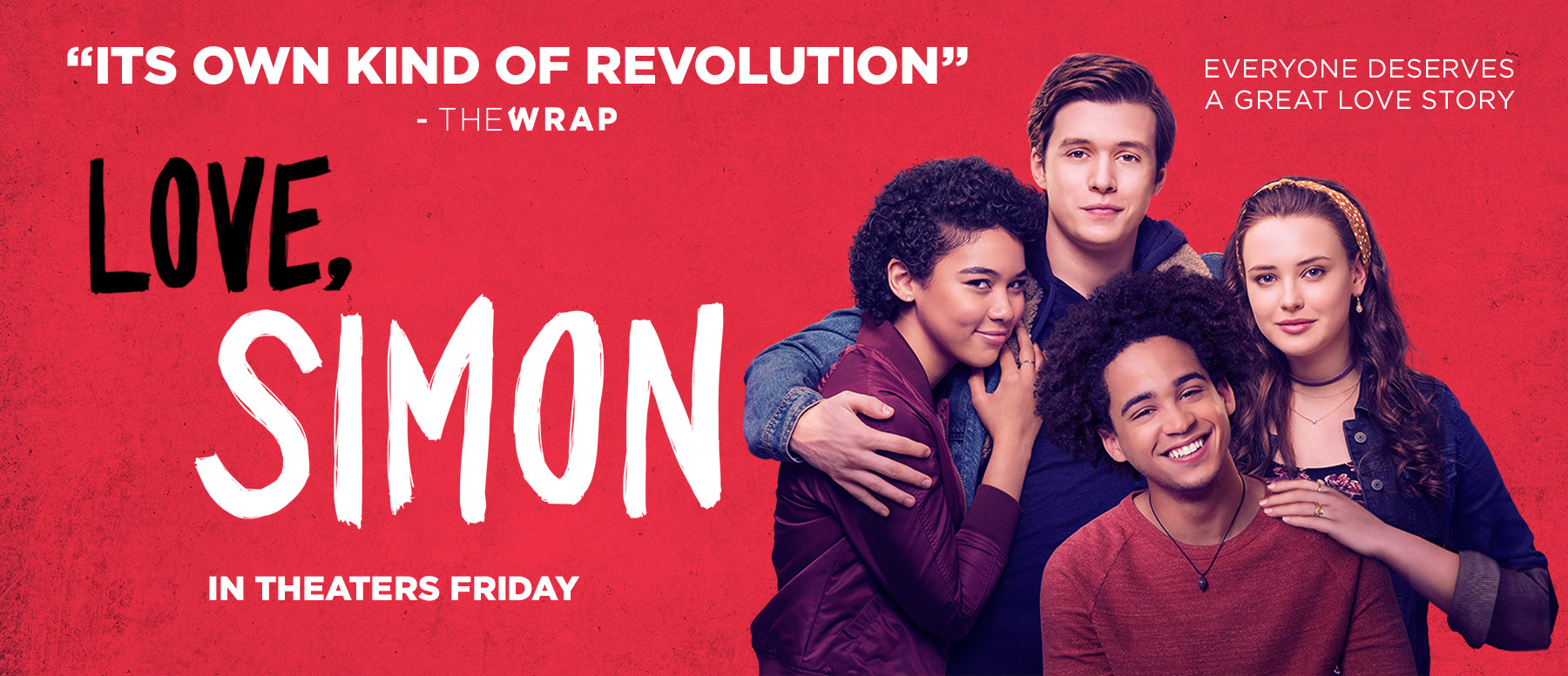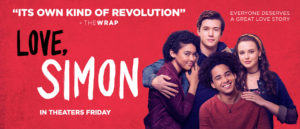Twisters
Posted on July 17, 2024 at 1:33 pm
B +| Lowest Recommended Age: | Middle School |
| MPAA Rating: | Rated PG-13 for intense action and peril, some language and injury images |
| Profanity: | Some strong la |

24 years ago, a cow flew across the screen and “Twister” became an instant summer movie classic. “Twister” had the magical combination of romance and action with then-state-of-the-art special effects, a human storyline just hefty enough to add urgency without disrupting the real reason we’re there (see above: flying cows), and two future Oscar-winners, Helen Hunt and Philip Seymour Hoffman, along with Bill Paxton, Carey Elwes, and Lois Smith, who adeptly set the tone at the sweet spot between drama and melodrama.
The ingredients that made that storyline work were the ideal recipe: take one pair of parted lovers (the about to divorce storm chasers), some human conflict to unite them (Elwes’ arrogant rich guy), and some beyond-human conflict to unite them even more (see: the title, reference to the ). Add in one newbie to be the receptacle for exposition dumps and for us to look down to even though in real life we would be even more terrified (Jami Gertz, rising above a thankless role). Result: almost half a billion dollars in worldwide box office. Also result: a somewhat sequel, trying to rekindle the magic.
It begins with a nod to the original, which ended (spoiler alert) with the Hunt and Paxton characters successfully launching “Dorothy” (yes, a reference to the Kansas girl who was whisked to Oz via twister). Dorothy was dozens of little data-collecting chrome balls that provided previously unavailable information about the structure of these terrifying, vastly destructive storms. Tornadoes, for those who did not pay attention during the exposition part of the first film, are violently rotating columns of air that reach both the surface of the Earth and a cumulonimbus cloud or, in rare cases, the base of a cumulus cloud. They look like a stormy vortex in the distance, they travel very fast, and they cause hundreds of millions of dollars of damage to property and crops every year. As briefly acknowledged in this new film without any suggestion of climate change as the precipitating (in both senses of the word) factor, the number of storms is increasing.
The opening of “Twisters” takes place five years ago, when a much-too-cheerful and therefore much-too-risk-taking group of students is still working with the Dorothy machine. It is led by Kate (Daisy Edgar-Jones), who is a scientist but also has something of a second sense about storms and the direction they will take. She is hoping to get a grant to help her not just understand twisters but to extinguish them, using the same ultra-absorbent material found in disposable diapers. The group is much too adorable and foolhardy to be there for any purpose but to teach our heroine a very painful lesson. The only survivors are Kate and Javi (Broadway’s Anthony Ramos of “Dumb Money” and “In the Heights”).
In the present day, Kate lives in New York, with businesslike clothes and hair. Her only connection to twisters is safely via computer screens. Javi shows up with some new technology developed by the military. He wants her to come with him to get the first 3D mapping of what goes on inside the twister vortex. At first she says no, but when he reminds her of how many lives can be saved, she agrees to join him in Oklahoma for a week.
There they run into hotshot YouTube stars and self-proclaimed “tornado wrangler” Tyler Owens (Glen Powell) and his ragtag gang, who seem to be out there for thrills and likes. Poncho-wearing fans happily buy their merch and track them as they track the storms with go-pros, a drone, and fireworks they shoot up inside the vortex for fun.
“Twisters” gently updates the technology to the era of cell phones and MRIs, noting that these days “anyone with a $10 weather app” can be a storm chaser. The insertion of a class developer villain making “all-cash offers” to the locals is clumsier. Should they have the option to go somewhere else? And what is he going to do with land that has driven long-time residents out due to extreme weather hazards? While we’re on the subject, shouldn’t there be more storm shelters in these communities?
Like the original, this film lightly sprinkles the emotions of the characters just enough to keep us going between the special effects. The role of exposition dump character this time is played by Ben (Harry Hadden-Paton), a British journalist who is writing about Tyler’s group. Instead of former spouses, Kate and Javi are former colleagues sharing some survivor guilt and Kate and Tyler are in the classic Pride and Prejudice dynamic as they discover their first impressions (BTW the original title of P&P) are not accurate. Oh, if only we had super-powerful military-grade diagnostic machines to examine each other.
We also have a wise and kindly older family member to visit for some moments of respite, in this case, replacing the wonderful Lois Smith in the original, and here the also wonderful Maura Tierney as Kate’s mother.
So, let’s get to what really matters: how about the special effects? They are excellent. Cows do not fly, but a lot does, including large vehicles and roofs. A wind farm is an especially good spot to let us see the impact of up to 360 miles per hour. If there is less excitement on screen, it is due to CGI fatigue in the audience, not the believability of what we see. (Steven Spielberg is one of the producers.)
“Twisters” will not rise to the level of its predecessor, but it is an entertaining summer popcorn pleasure that will continue to build Powell’s stature as one of Hollywood’s most appealing young stars.
Parents should know that this movie has extended and sometimes very scary action sequences of the most severe weather. Characters are injured and killed and there are some graphic images.
Family discussion: What was your first thought when you saw Tyler and his crew? What’s the difference between a tamer and a rustler? How do you know when fear should push you forward?
If you like this, try: “Twister” and documentaries like “Stormchasers” and the Nova episodes “Oklahoma’s Deadliest Tornadoes” and “Deadliest Tornadoes”

